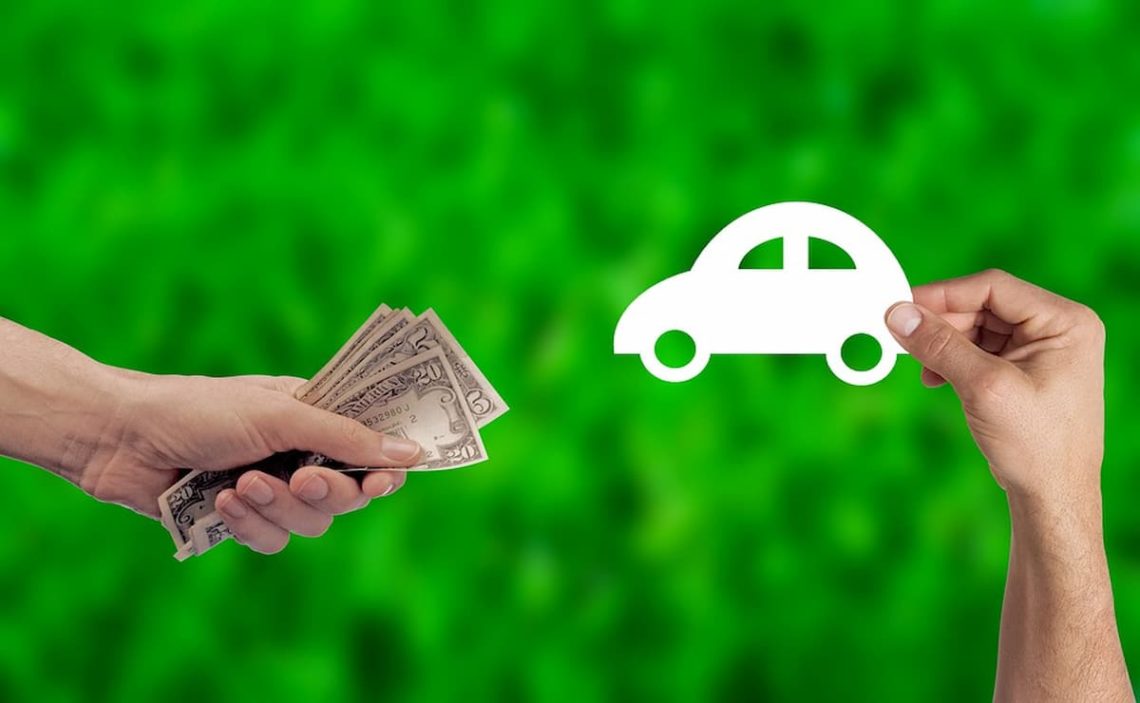Knowing whether you need a car loan or pay cash is a very important financial question. This decision can significantly influence the buyer’s finances in the medium term.
We review the most important features of both models and which is better in each case with its pros and cons.
What is financing something?
To finance something means asking third parties to lend us the necessary money to buy it. Generally, this financing is obtained through loans granted by financial or credit institutions and involves assuming costs and interest according to the amounts and terms established.
What is to pay for something in cash?
Paying for something in cash is traditionally associated with making an immediate payment, usually in cash. However, cash payment can also be associated with a lump sum payment for a product or service completed at the time of purchase through a transfer, card, or similar.
What is better to pay cash for a car or to finance it?
The first relevant question to understand if it is better to pay cash or to finance the purchase of a car is that financing always carries added costs, together with interest.
Therefore, from an objective point of view, only from the value of the operation, it will always be better to buy a car in cash since buying it financed means that the vehicle will be more expensive. However, there are aspects to bear in mind about paying in cash.
Pros and cons of cash car payments
The main advantage of buying a car in cash is the savings in financing costs and interest.
The main disadvantage of buying a car in cash is the decapitalization of personal savings, which involves withdrawing part of these savings to purchase the vehicle. Depending on the purchase amount, the acquisition may have a greater or lesser impact on the person’s savings portfolio.
Pros and cons of financing a car payment
The outstanding advantage of financing a car’s purchase is splitting the car payment into installments (usually monthly). That reduces the impact on the savings portfolio (although it increases the expense in monthly bills).
The most recognizable disadvantage to financing a car purchase is the cost. Financing is usually accompanied by origination fees, etc., in addition to interest. These are not particularly cheap dealer financing or consumer loans from banks. Therefore, the price of the car becomes more expensive, and we pay more for the same product.
Financing or paying cash: what’s right for you?
It all has to do with the analysis of your finances. Suppose you have a sufficient savings portfolio in which the cash purchase of the vehicle will not damage either your emergency fund or your retirement savings. In that case, it is more profitable to buy cash.
If, on the other hand, you do not have enough money, or if making a cash payment would significantly unbalance your savings, financing may be a worthwhile option. It is always necessary to study the operation in depth and contrast different options to find the most suitable one.
It is important to remember that personal loans or consumer credits are a common financial tool. However, this does not mean they should use them without a prior process of reflection.
One of the most serious problems a personal economy can go through is excessive dependence on credit. There is a tendency to think of a loan as a kind of deferred free money: this is not true. A loan entails interest, expenses, and an unreal sense of economic stability that is not always positive.
Before purchasing the vehicle, as we have seen above, it is advisable to analyze the possibility of obtaining your resources. Equity, combined with a source of financing, is one of the most commonly used formulas in the United States to purchase a vehicle.
Reducing the amount financed always helps to reduce the cost of the loan in the medium and long term. Therefore, before deciding what suits you, always analyze your resources and the possibilities of buying a car with the lowest financing cost.


